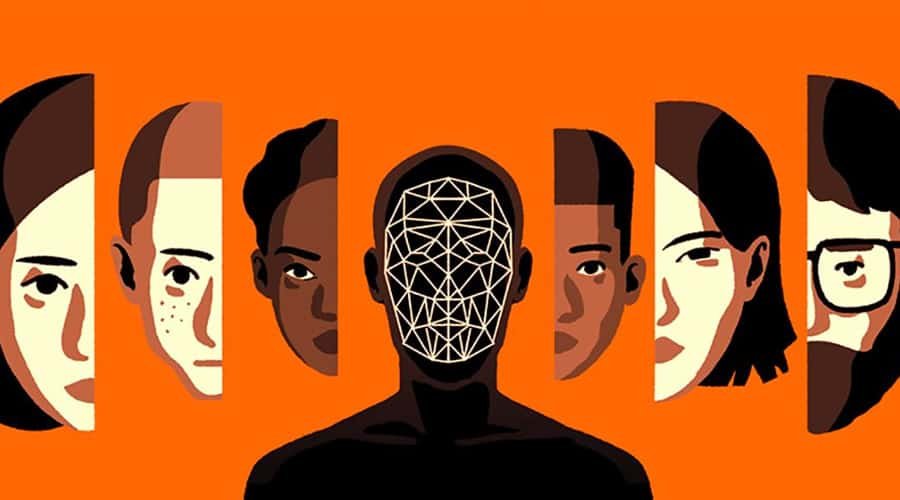Insights & Updates from the Cloudastick Team

The rise of AI is arguably the most significant technological development of our time. Its potential to impact our lives is vast, encompassing everything from the way we work to the way we interact with the world around us. But navigating this revolution presents both exciting opportunities and formidable challenges.
Opportunities
. Enhanced Efficiency and Productivity: AI can automate repetitive tasks, freeing up human resources for higher-level thinking and creativity. This can lead to increased productivity and efficiency across industries, from manufacturing and healthcare to finance and agriculture.
. Improved Decision-Making: AI algorithms excel at analyzing large amounts of data and identifying patterns that humans might miss. This can lead to better decision-making in various areas, from financial forecasting and risk assessment to medical diagnosis and treatment planning.
. Personalized Experiences: AI can personalize our experiences, from tailoring recommendations and content to our individual preferences to automating tasks based on our past behavior. This can lead to a more convenient and enjoyable user experience across various platforms and services.
. Unveiling New Possibilities: AI is constantly evolving and pushing the boundaries of what's possible. This opens doors to new innovations and discoveries in fields like medicine, materials science, and space exploration.
Challenges
. Job displacement: As AI automates more tasks, some jobs will inevitably be lost. This raises concerns about unemployment and the need for retraining and reskilling programs to equip individuals for the changing job market.
. Algorithmic Bias: AI algorithms are only as good as the data they are trained on. This can lead to biased decision-making, perpetuating existing inequalities and discrimination. It's crucial to implement ethical frameworks and bias mitigation techniques to ensure fairness and inclusivity in AI systems.
. Privacy Concerns: AI systems collect vast amounts of personal data, raising concerns about privacy and security. Robust regulations and transparency are necessary to ensure responsible data collection and use.
. The "Black Box" Problem: Some AI algorithms are complex and opaque, making it difficult to understand how they make decisions. This can lead to concerns about accountability and explainability, especially in high-stakes situations.
Navigating the Future
The AI revolution presents both incredible opportunities and complex challenges. To maximize its benefits and mitigate its risks, we need a collaborative and proactive approach. This involves:
. Investing in education and skills development: To prepare individuals for the changing job market, we need to invest in education and training programs that equip them with the skills necessary to thrive in an AI-powered world.
. Developing ethical frameworks: Robust ethical frameworks and regulations are crucial to ensure that AI is developed and deployed responsibly, minimizing bias and safeguarding privacy.
. Promoting transparency and explainability: AI systems need to be transparent and explainable, allowing humans to understand how decisions are made and hold developers accountable for their outcomes.
. Embracing lifelong learning: As the AI landscape evolves rapidly, continuous learning is essential for individuals and organizations to remain relevant and competitive.
By embracing these principles, we can navigate the AI revolution constructively and ensure that this powerful technology benefits all of humanity. Remember, the future of AI is not predetermined. We have the power to shape it through our choices and actions.
In conclusion, navigating the AI revolution requires a balanced approach that acknowledges both its potential and its challenges. By working together, we can harness the power of AI to create a brighter future for all.